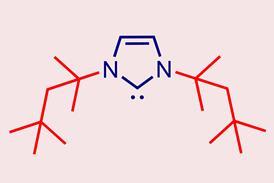Ice crystallisation initiated by ultrafast laser pulses caught on camera

Technique will aid understanding of early stages of water freezing
Ultrashort laser pulses can predictably induce crystallisation in supercooled water solutions, allowing scientists to accurately image the formation of ice crystals over microsecond timescales.
The dynamics of ice crystal formation is central to cryobiology and has widespread implications from the industrial processing of frozen food to understanding some organisms’ tolerance for being frozen. However, typical methods of inducing crystallisation each have their own set of limitations, making it challenging to accurately record the early stages of ice formation. Seeding usually leads to random crystallisation, whilst drastic temperature reduction is extremely impractical above a few microlitres. External stimuli such as electric effects, ultrasound and lasers have shown more promise but exhibit little control over where nucleation originates and often cause unwanted temperature increases.



